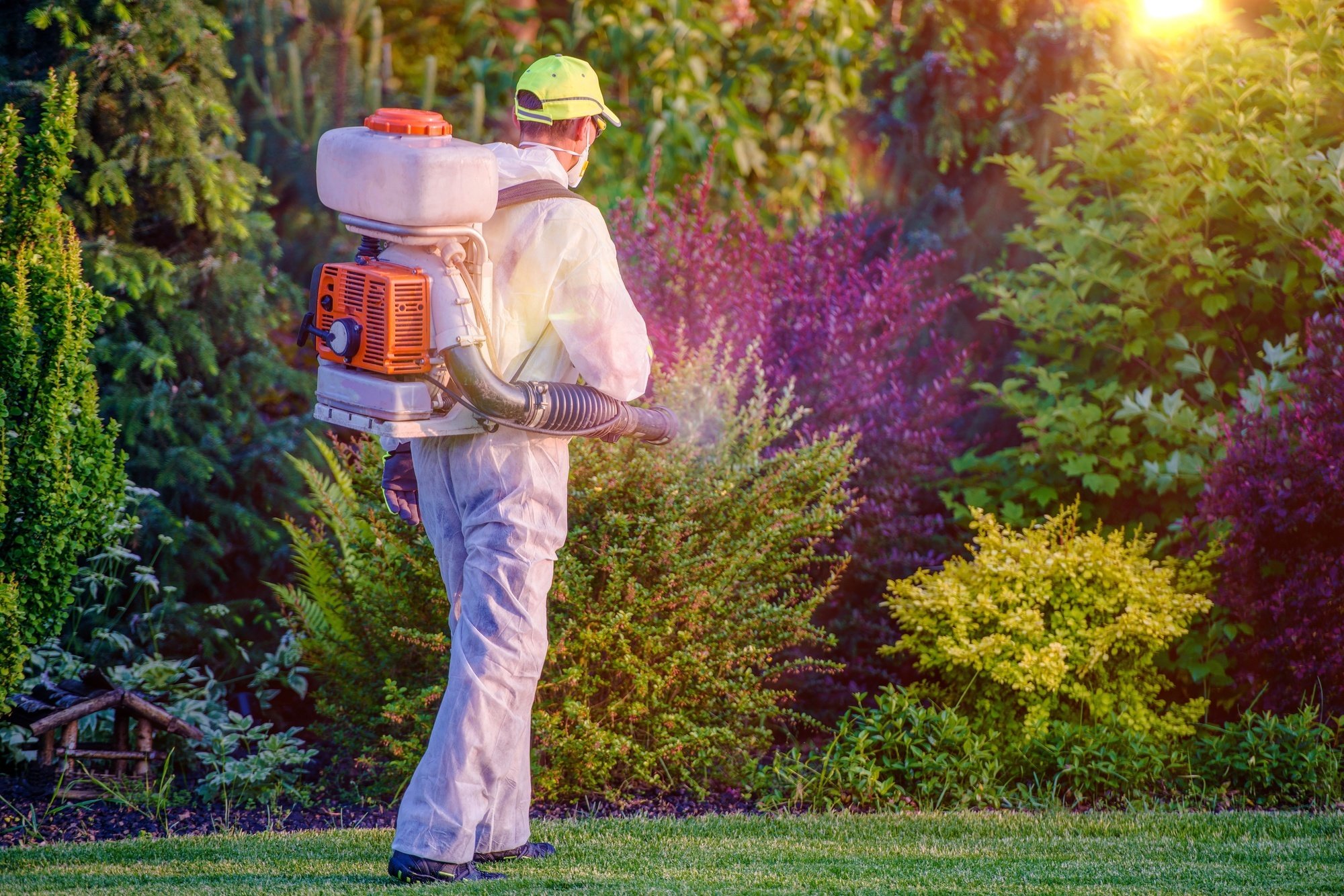Getting a Pest Control Company

When it comes to getting rid of pests and keeping them away from your family and home, it's important to know what the different kinds of pest control methods are. There are many ways these can be utilized to keep insects out of a specific area, as well as prevent them from returning. You may have heard the term "antiquated." This is an old-fashioned term for pest control, which has been outdated for decades but is still used by some today. If you're interested in the antique forms of pest control, keep reading. In this page , we'll take a quick look at some common antique methods for pest control:
Pest control using chemicals: Some homeowners use chemical pesticides for controlling pests, including both humans and farm animals. Inorganic pesticides are those made from organic materials, including wood, plants, and seeds, with or without added chemicals. These kinds of pesticides aren't very harmful to people or animals and can be found in certain brands of garden, dairy, and lawn pesticides, such as Glyphosate (linked to the development of cancer), Atrazine (link to fertility problems in male sexual reproduction), and Salicylic Acid (links to immune system damage).
However, the benefits of organic pesticides and those made with organic materials are much clearer: organic pesticides don't contain dangerous chemicals and are more easily absorbed through the skin than inorganic pesticides, so they won't cause long-term health problems. Additionally, while the debate continues over whether or not organic pesticides are as dangerous as, or even more dangerous than, their inorganic cousins, there's no clear evidence that organic pesticides are linked to cancer or other types of chronic health problems.
DIY pest control using DIY methods: Many exterminators like to use diy methods for eliminating pests. These include sprays (also known as folders or bait) and traps. The idea is that you can make your yard look neat and tidy while eliminating the pest that's causing the mess. However, these traps can be tricky.
For example, if you are trying to get rid of roaches, but don't have much success, you might not want to go-forth pest control services and use bait. If you try baits, however, they may not be very effective. Cockroaches are "self-cleansing" creatures, which means that when they ingest the bait, they will begin to consume it, drawing the insecticide into their bodies where it is most toxic. This means that if you use baits, you might be dealing with a problem that involves roaches and not the less serious insects that might live in your garbage cans or in the cracks of your cabinets.
The key to pest control is to take away the food sources (both for the insects themselves and for humans) and to kill them off completely. There is a lot of controversy over whether it is more humane (and therefore more effective) to simply exterminate the pests than to try to destroy their habitats and encourage their non-repellent eggs. Many people argue that in the case of animals like rats and mice, eliminating their dwellings and killing them will have no effect on future pest control issues, whereas attempting to poison them won't have any effect, since they won't be born again after being poisoned.
When you call results pest control company, you should know what to expect from their services. You should find out about the various methods of extermination, which methods work best for which kinds of insects, and whether they have experience in dealing with infestations or hot spots. You might also find out about some of the dangers and benefits of using certain methods.
Be sure to ask the company you choose how they treat the environment around their buildings (they should be willing to show you their site work). And don't be afraid to let them know if you have questions or concerns-you want to be as fully informed about your pest problem as possible, and this can only be provided by the trained technicians at the contact center.If you probably want to get more enlightened on this topic, then click on this related post: https://simple.wikipedia.org/wiki/Pest_control .
